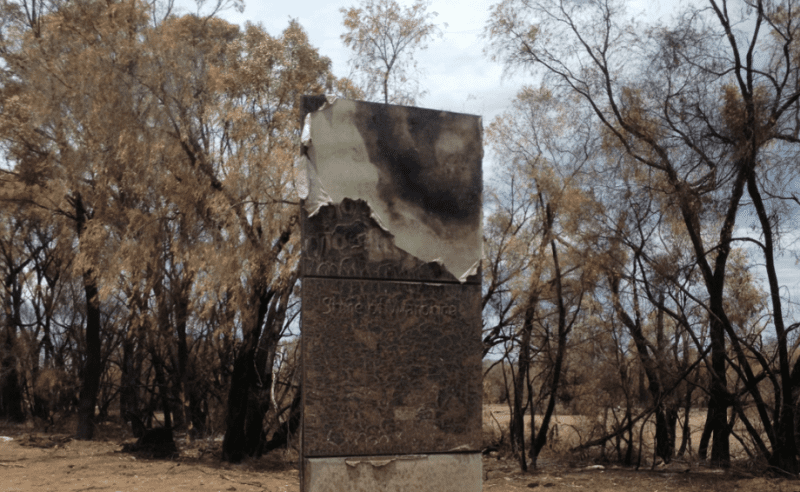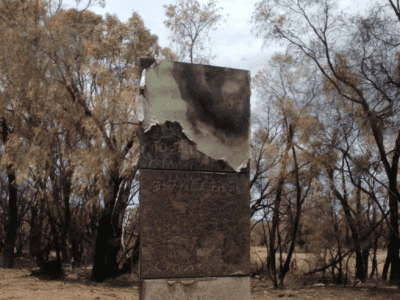A Future of Fire

The nature of fire change the environment forever. In the South West of Australia, already in 2016 we have seen several large scale hot fires. Australia is the driest inhabited continent on the planet and in the South West we are experiencing an increasingly rapid drying climate.
Do we need to consider a change in the way we work within and manage the landscape?
Perth and the Swan Coastal Region’s climate has been re-categorised from Mediterranean to Arid in January, this announcement came as the first of the 2016 fires hit the southern extent of the Swan Coastal region.
In the recent past the region has been described as a Mediterranean or Californian climate and has been characterised by temperate with warm to hot, dry summers and mild cool, wet winters. An Arid climate is very dry, (usually inland desert environments) with very little or no rainfall to support woody plants and trees.
The first of the 2016 fires burnt through 55000ha of woodland, coastal lakes and agricultural land from the coast to the scarp. The fire created its own dry lightning storms.
They were like nothing anyone in the region has seen and devastated townships, the agricultural industry and some of the largest areas of intact highly significant coastal vegetation in the region.
The high temperatures and multiple fires experienced during our fire season in 2016 raises concerns for the immediate and long term environmental state of condition.
What are the tipping points that cause a switch from a stable state of condition to a different or altered and irreversible state of condition?
At what point does fire change the environments ability to support itself and maintain the current and / or future significant natural values and unique ancient biodiversity in an area of drying and warming climates?
In past times, prior to the 1800’s, fire was used more actively and effectively by aboriginal land managers as a purposeful management tool for many generations since ancient times to benefit both human needs and the natural state. As Western Australian land managers learn and attempt to mimic these methods, in WA there has also been a strong move toward a joint management system for traditional owners and government’s working together on State managed land in Western Australia.
Using fire as a management tool and all areas of managing fire risk will need to be considered increasingly now and into the future.
By Jo Ludbrook
To get involved in coastal management in Western Australia, contact Jo – wa@australiancoastalsociety.org


